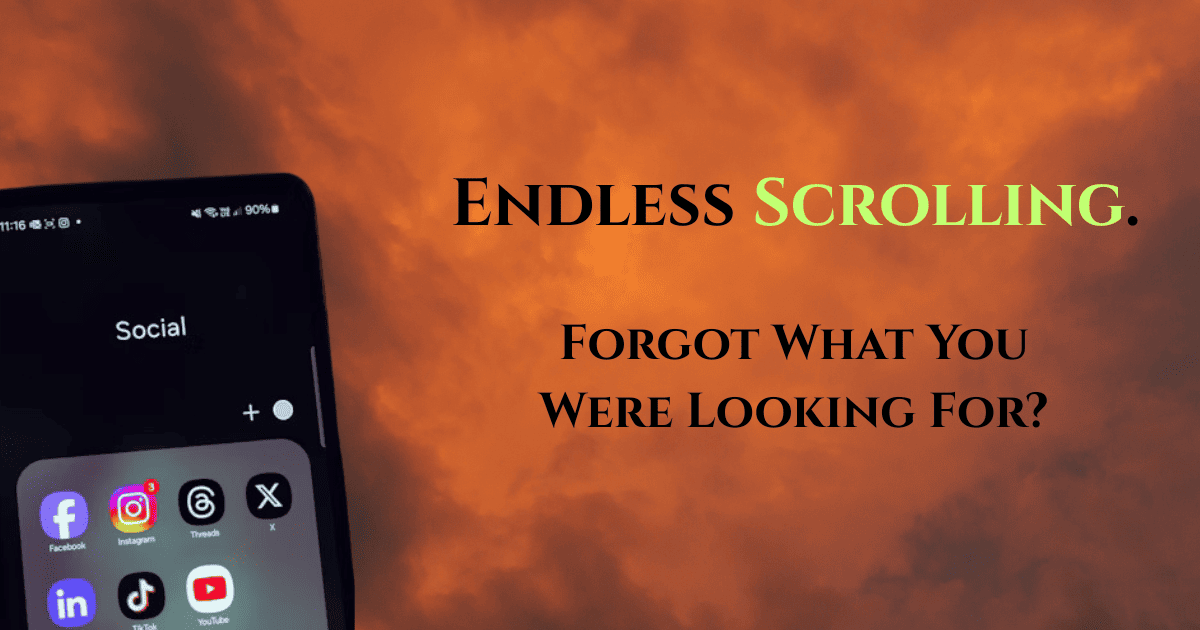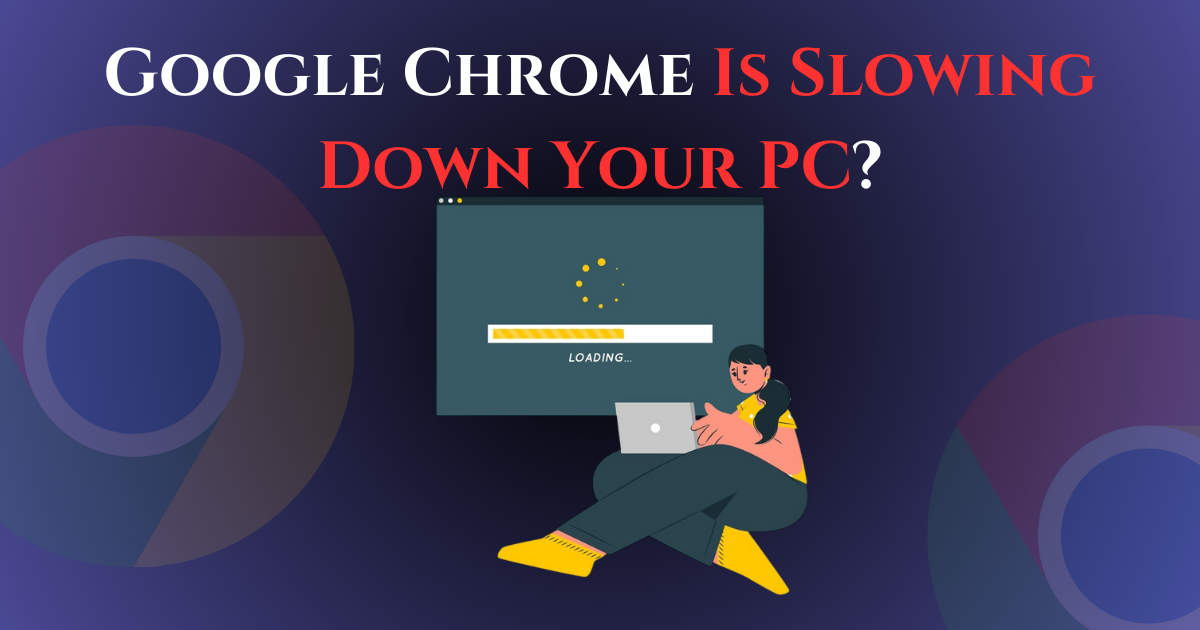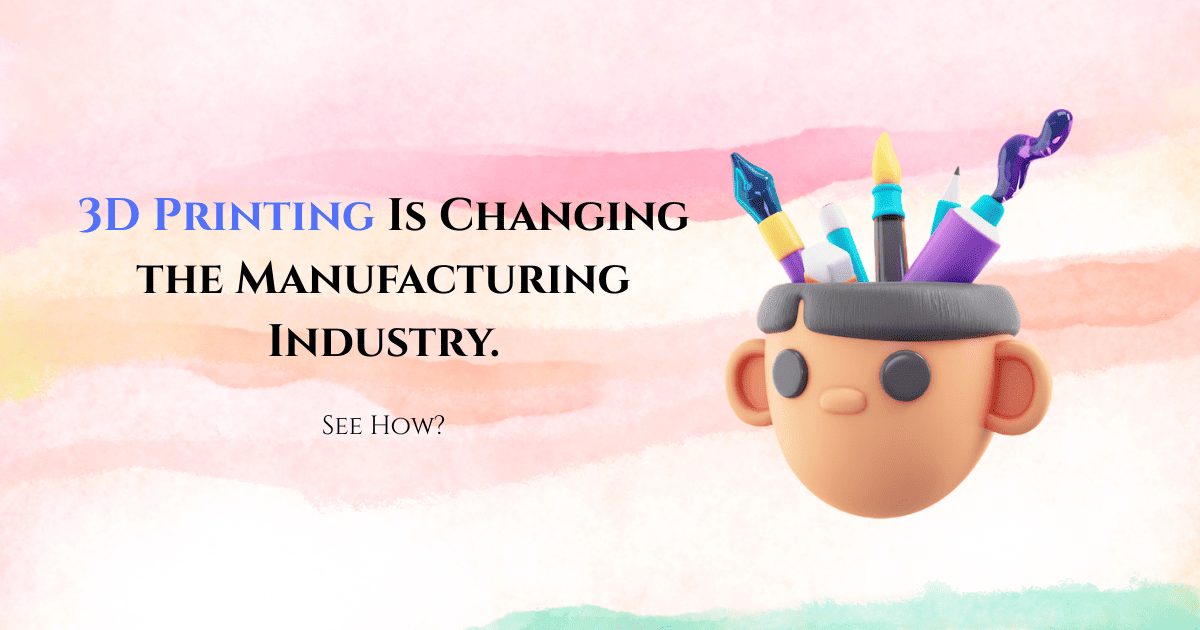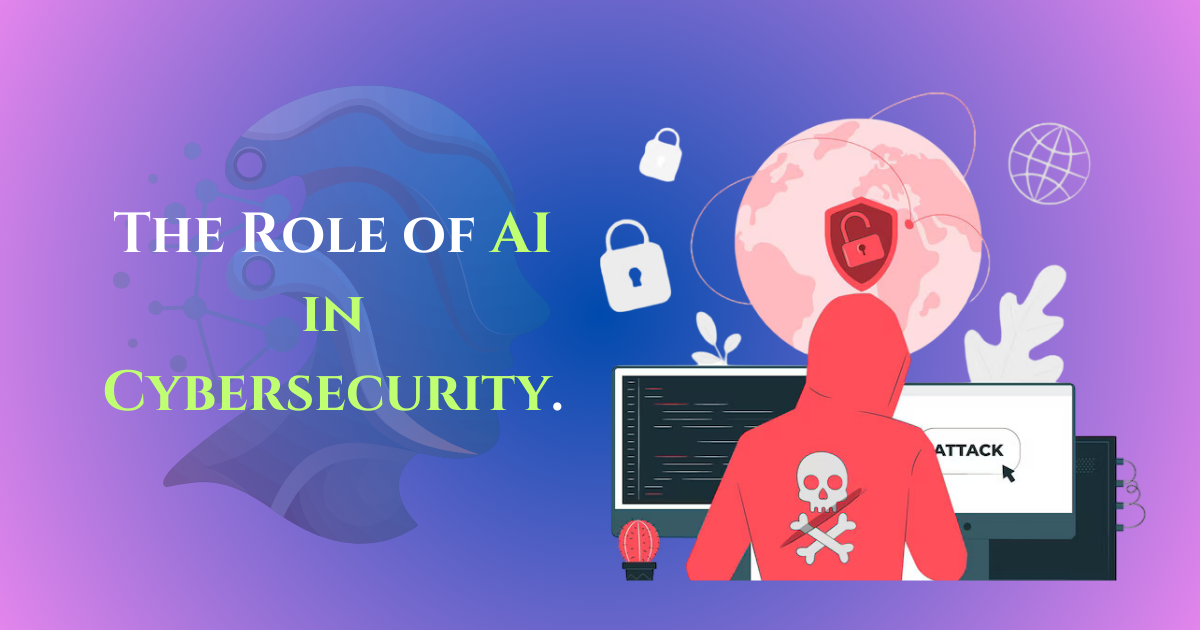Ever caught yourself scrolling aimlessly on your phone? Here’s why we do it, and how it affects your focus, productivity, and mental health.
In today’s digital age, we’ve all been there. You’re holding your phone, mindlessly scrolling through social media or news apps, and suddenly, you hit a wall. You’ve forgotten what you were looking for in the first place. Sound familiar?
You start with a clear goal—maybe you want to catch up on the news, find a new recipe, or even look up a quick fact. But within minutes, you’re lost in the endless feed of memes, advertisements, and cat videos. What happens next? You forget why you even picked up your phone. Time flies, and you’re left with a sense of confusion and frustration, not to mention a few hours of lost time.
It’s not just you. This is a phenomenon that more and more people are experiencing every day. And it has a name: digital distraction.
Why Does This Happen?
In the world of social media and mobile apps, there’s one thing that is always at the forefront: endless scrolling. Designed to keep you engaged, apps like Instagram, TikTok, and Twitter use algorithms that know exactly what will keep your attention for as long as possible. The more you scroll, the more content appears, which makes it hard to look away.
But the real issue isn’t just about losing track of time. It’s how this constant distraction affects our focus and productivity.
1. Dopamine Loops
The brain is wired to seek rewards. Social media is built to exploit this natural craving, delivering instant gratification with every new post, like, or comment. Each scroll provides a small “hit” of dopamine, making us crave more and more. But this constant bombardment of stimuli can lead to decreased focus and attention span.
2. Decision Fatigue
When we’re bombarded with an overwhelming amount of information, our brains become overwhelmed. This leads to decision fatigue—the inability to make decisions, even small ones, after a prolonged period of choice overload. When you scroll through multiple platforms, each offering different content, it’s like your brain is continuously deciding what to pay attention to, which leaves you drained.
3. Information Overload
The internet is a treasure trove of information, but it’s easy to get lost in it. Every new notification, every new post, adds to the noise. And in trying to stay up-to-date, we end up absorbing way more information than we can process.
The Impact on Your Productivity
You may think that scrolling through social media or browsing the internet is harmless, but research shows that it has a huge impact on productivity. Instead of staying on task, you’re constantly jumping between activities, which makes it harder to focus on the task at hand. This leads to what’s called task-switching, a phenomenon that impairs cognitive performance and increases mental fatigue.
The Hidden Toll on Your Mental Health
While mindlessly scrolling through your feed might feel like a quick escape, it’s important to consider the long-term effects. Studies have shown that excessive use of social media is linked to a variety of mental health issues, including:
- Anxiety: The constant need to check notifications can lead to feelings of FOMO (Fear of Missing Out) or the anxiety of keeping up with everyone else.
- Depression: Spending too much time on social media can cause feelings of inadequacy and loneliness, especially when we compare our real lives to the filtered versions others present online.
- Sleep Disturbances: The blue light emitted from phones can interfere with your sleep cycle, making it harder to fall asleep and causing sleep deprivation.
How to Break the Cycle
So, how do we stop ourselves from scrolling aimlessly and getting lost in the digital void? Here are a few tips to regain control:
1. Set Time Limits
Apps like Instagram and TikTok have built-in features that allow you to set time limits for use. Try setting a daily limit and sticking to it. When you hit the limit, take a break and do something else.
2. Use “Do Not Disturb” Mode
Turn off non-essential notifications. By using “Do Not Disturb” mode or muting notifications from apps, you can limit distractions that drag you into your phone.
3. Designate Scrolling Time
Instead of scrolling mindlessly throughout the day, set aside specific times for social media. Use a timer to remind yourself when it’s time to log off.
4. Embrace the Digital Detox
Take regular breaks from technology. A digital detox doesn’t mean giving up your phone entirely, but it can help you recharge and focus on activities that don’t require a screen.
5. Practice Mindfulness
When you do pick up your phone, be mindful of your purpose. Focus on your goal and be aware of how you’re spending your time. This can help you avoid falling into the trap of endless scrolling.
Final Thoughts: Don’t Let Technology Control You
It’s easy to get sucked into the digital whirlwind and lose track of time. But understanding why we scroll mindlessly and recognizing the effects of digital distraction is the first step in regaining control over our attention.
So, the next time you pick up your phone, stop for a second. Ask yourself: “Why am I here?” Then, make a conscious choice. You’ll be amazed at how much more focused and productive you can be—both online and offline.










